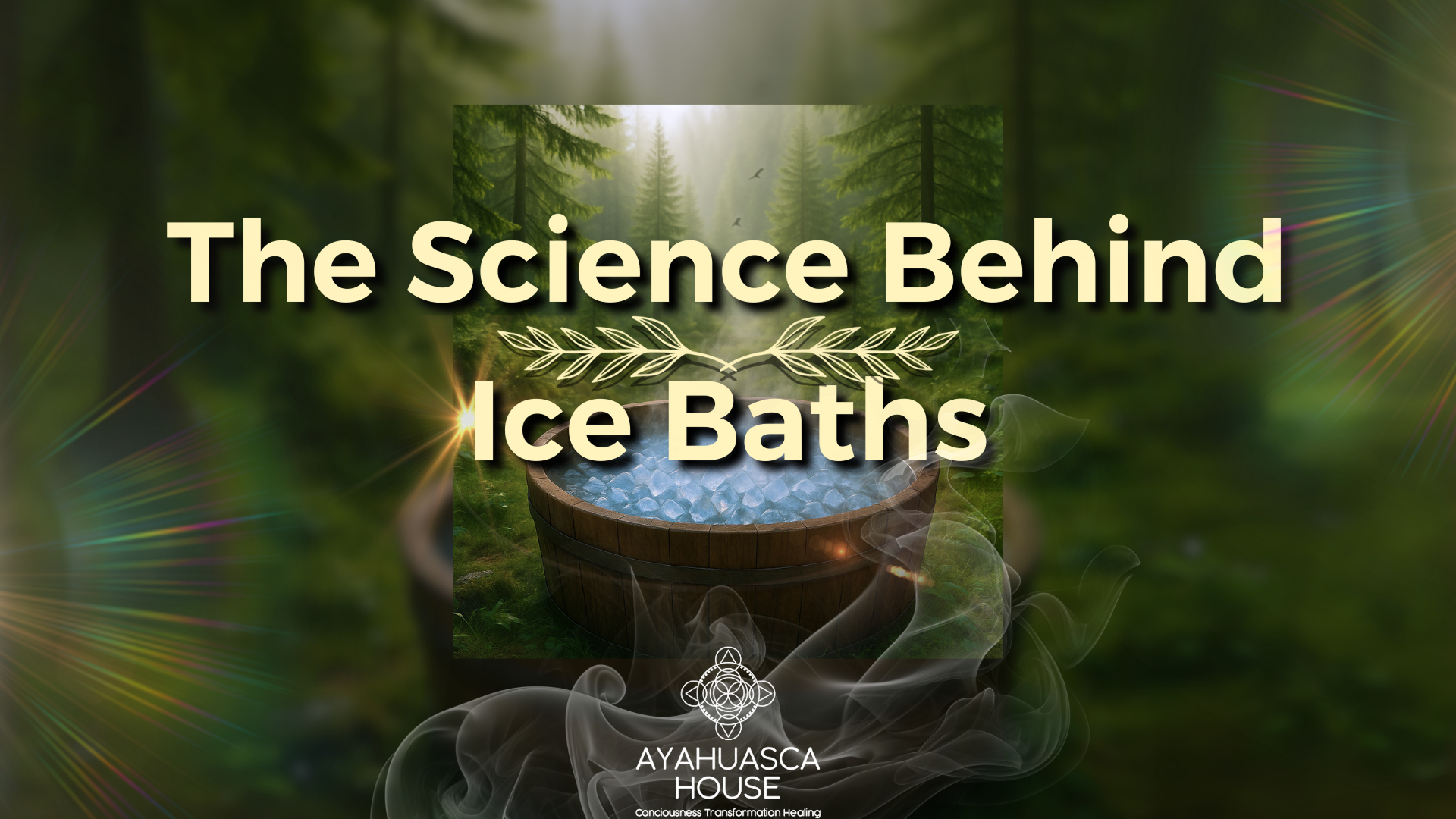Ice baths, also known as cold water immersion, have become a popular recovery tool for athletes, fitness enthusiasts, and even those seeking mental resilience. But what exactly is the science behind ice baths ? In this article, we’ll explore the physiological and psychological effects of ice baths, their benefits, and how they work to enhance recovery and overall well-being.
What Are Ice Baths?
Ice baths involve immersing the body in cold water, typically between 50–59°F (10–15°C), for a short period. This practice is commonly used to aid muscle recovery, reduce inflammation, and improve mental toughness. Understanding the science behind ice baths can help you determine whether this method is right for you.
The Science Behind Ice Baths: How They Work
The science behind ice baths revolves around their effects on the body’s physiological and neurological systems. Here’s how they work:
1. Reducing Inflammation
- Cold exposure constricts blood vessels, reducing blood flow to muscles and decreasing inflammation. This process helps alleviate soreness and speeds up recovery after intense physical activity.
2. Improving Circulation
- After exiting the ice bath, blood vessels dilate, increasing circulation. This cycle of constriction and dilation promotes nutrient delivery to muscles and removes metabolic waste.
3. Enhancing Mental Resilience
- The shock of cold water triggers the release of stress hormones like adrenaline and endorphins. Over time, this can build mental toughness and improve your ability to handle stress.
4. Boosting Recovery
- Ice baths are believed to reduce delayed onset muscle soreness (DOMS) by minimizing muscle damage and inflammation caused by intense exercise.
5. Activating the Nervous System
- Cold exposure stimulates the parasympathetic nervous system, promoting relaxation and reducing anxiety after physical exertion.
Benefits of Ice Baths
Understanding the science behind ice baths highlights their potential benefits. Here are some key advantages:
1. Faster Muscle Recovery
- By reducing inflammation and improving circulation, ice baths can accelerate muscle recovery after workouts or competitions.
2. Reduced Muscle Soreness
- Athletes often report less soreness after using ice baths, making it easier to return to training sooner.
3. Improved Mental Toughness
- The discomfort of cold water immersion builds resilience, which can translate to better performance in other areas of life.
4. Enhanced Immune Function
- Some studies suggest that regular cold exposure may boost immune function by activating certain immune cells.
Potential Risks of Ice Baths
While the science behind ice baths is promising, there are some risks to consider:
1. Hypothermia
- Prolonged exposure to cold water can lower body temperature to dangerous levels.
2. Muscle Stiffness
- Cold exposure can temporarily stiffen muscles, making it important to warm up properly afterward.
3. Not Suitable for Everyone
- Individuals with cardiovascular conditions, Raynaud’s disease, or other health issues should avoid ice baths or consult a doctor first.
FAQs About the Science Behind Ice Baths
How long should you stay in an ice bath?
Most experts recommend staying in an ice bath for 10–15 minutes. Longer durations can increase the risk of hypothermia.
Are ice baths safe for everyone?
No, ice baths are not suitable for individuals with certain medical conditions, such as cardiovascular issues or Raynaud’s disease.
Do ice baths really help with recovery?
Yes, the science behind ice baths shows they can reduce inflammation, improve circulation, and speed up muscle recovery when used correctly.
Can ice baths improve mental health?
Cold exposure triggers the release of endorphins and reduces stress, which can have positive effects on mental health over time.
Conclusion
The science behind ice baths reveals their potential to enhance physical recovery, build mental resilience, and improve overall well-being. While they offer numerous benefits, it’s essential to use them responsibly and be aware of potential risks. Whether you’re an athlete looking to recover faster or someone seeking to boost mental toughness, understanding the science can help you make informed decisions about incorporating ice baths into your routine.
